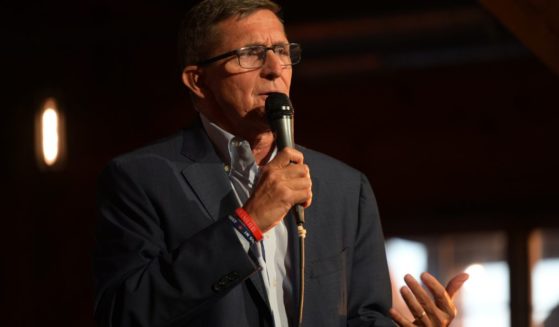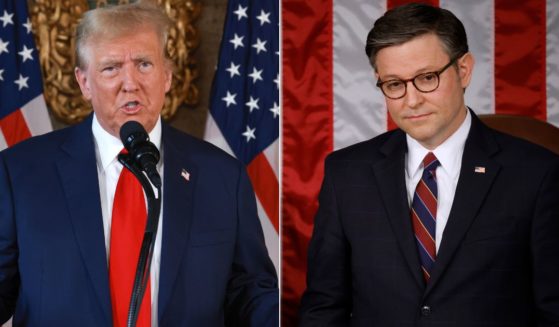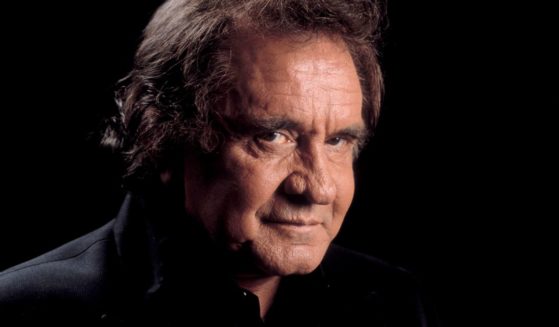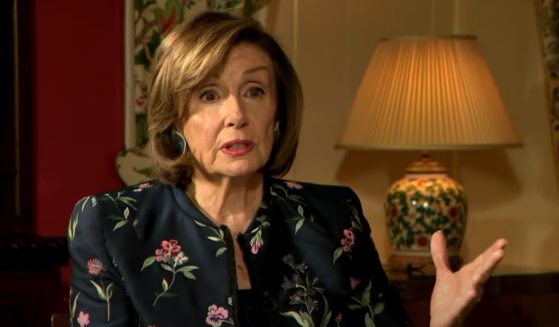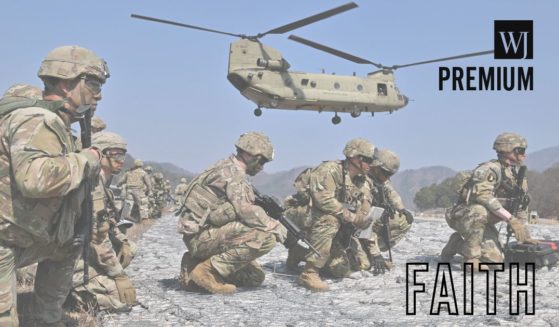The Latest: Sudanese protesters take heart from Algeria
ALGIERS, Algeria (AP) — The Latest on the change of power in Algeria (all times local):
8:15 p.m.
Algeria’s president of two decades is seeking forgiveness from the country’s people after stepping down in the wake of mass protests.
In a letter released Wednesday by state news agency APS, ailing former president Abdelaziz Bouteflika bade farewell to Algeria’s citizens and urged them “to stay united, never divide yourselves.”
Bouteflika resigned Tuesday night under pressure from protesters and the army.
The 82-year-old who has rarely been seen in public or addressed the country since a 2013 stroke acknowledged that some of his actions as president were less than successful, writing: “I ask your forgiveness for any failing toward you.”
But he also said, “I am leaving the political scene without sadness or fear, for the future of our country.”
Bouteflika says he hopes Algeria’s new leaders take the oil rich nation in north Africa to “horizons of progress and prosperity.”
He says women and young people, who led the protest movement that pressured him out of office, are “the beating heart of our nation” and deserve special attention.
___
3:40 p.m.
The U.N. says Secretary-General Antonio Guterres “takes note” of the resignation of Algerian President Abdelaziz Bouteflika and “salutes the mature and calm nature in which the Algerian people have been expressing their desire for change.”
U.N. spokesman Stephane Dujarric said Wednesday the secretary-general “looks forward to a peaceful and democratic transition process that reflects the wishes of the Algerian people.”
Dujarric said Guterres “reiterates the United Nations’ continued commitment to supporting Algeria in its process of democratic transition.”
The embattled president abruptly resigned Tuesday in the face of widespread ongoing protests and a call by the Algerian Defense Ministry earlier that day for Bouteflika to quit “immediately.”
The 82-year-old Bouteflika, who had been in office for 20 years, suffered a stroke in 2013 and has been rarely seen in public since then.
___
11:45 a.m.
Algeria’s international partners are watching closely to see what happens next after the abrupt resignation of longtime leader Abdelaziz Bouteflika.
Kremlin spokesman Dmitry Peskov warned against foreign interference in Algerian politics and said Wednesday that “we hope the internal processes in that country … will by no means affect the friendly nature of our relations.” Algeria’s foreign minister recently visited Moscow and the countries have been economic and geopolitical allies since the Soviet era.
French Foreign Minister Jean-Yves Le Drian expressed hope that Algerians would “pursue this democratic transition in the same spirit of calm and responsibility” that has marked the protests that drove Bouteflika from office. France, Algeria’s former colonial ruler and a key trading partner, had come under fire for seeming to support Bouteflika earlier in the movement.
The U.S. State Department said it’s up to Algerians to decide next steps. The U.S. government has expressed support in recent weeks for the peaceful protests.
Since fighting an Islamist insurgency in the 1990s, Algeria has cooperated closely with the U.S. and Europe against terrorism.
___
10:45 a.m.
The organizers behind months of anti-government demonstrations in Sudan are welcoming the resignation of Algerian President Abdelaziz Bouteflika in response to mass protests, and are expressing hope that Sudan’s Omar al-Bashir will do the same.
Sarah Abdel-Jaleel, a spokeswoman for the Sudanese Professionals Association, told The Associated Press on Wednesday that Bouteflika’s resignation is “a very positive achievement,” showing the “success of peaceful resistance within Africa.”
She says it “definitely gives us all hope and reassurance that we must continue.”
The group of independent professional unions has spearheaded demonstrations since December calling for al-Bashir to resign after nearly three decades in power.
Al-Bashir has refused to step down and has launched a heavy crackdown on dissent.
___
9:40 a.m.
Algeria is facing a new era after President Abdelaziz Bouteflika’s resignation — and questions about what happens next for this gas-rich country and ally to the West in fighting terrorism.
Algeria’s 12-member Constitutional Council is expected to meet Wednesday to confirm the departure. National television showed a frail Bouteflika handing his resignation letter to Constitutional Council president Tayeb Belaiz.
Algeria’s Constitution says that when a president dies or resigns, the Constitutional Council confirms the leader’s absence and both houses of parliament convene. The president of the upper house is named as interim leader for 90 days while a presidential election is organized.
The current upper house president is Abdelkader Bensalah, a Bouteflika ally — as is the prime minister. The protesters who drove Bouteflika out want a drastic change of Algeria’s political elite, seen as corrupt and secretive.
The Western Journal has not reviewed this Associated Press story prior to publication. Therefore, it may contain editorial bias or may in some other way not meet our normal editorial standards. It is provided to our readers as a service from The Western Journal.
Truth and Accuracy
We are committed to truth and accuracy in all of our journalism. Read our editorial standards.



